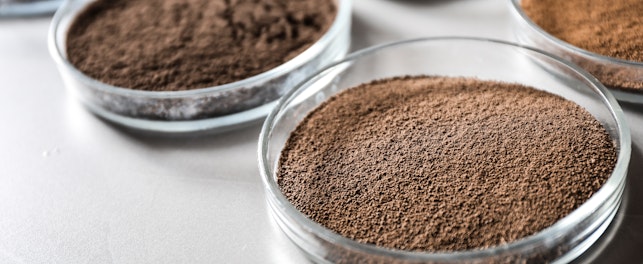Compliance to regulatory requirements enforced by bodies like the US Environmental Protection Agency (EPA) and Organization for Economic Co-operation and Development (OECD) are a prerequisite for trading in many global markets. Our comprehensive range of testing and field research study services help you gain a better understanding of the composition and nutritional equivalence of your crop product. All work is conducted under Good Laboratory Practices (GLP).
Operating from our laboratory in Brookings, South Dakota, our global service offers substantial equivalence testing between GM and non-GM crops. Using a targeted, two-step process we quantify selected molecules. GM crops are initially assessed for agronomic, morphological and chemical characteristics – macro- and micro-nutrients, anti-nutrients and toxic molecules. If required, further testing for nutritive value can be conducted. Studies cover proximate analyses (protein, fat, fiber, ash, and carbohydrates), amino acids, fatty acids, and depending on the crop, specific tests for anti-nutrients (trypsin inhibitors, lectins, isoflavones, stachyose, raffinose, and phytate).
Our experts are highly trained and experienced in all aspects of GLP studies – from set up to report writing. They have access to the latest high-tech equipment and dedicated laboratory spaces for sample homogenization, extraction, analysis, and storage. All studies are monitored and checked by an independent Quality Assurance team, providing our clients with confidence in the delivery of unbiased data.
We also offer field research services for all types of composition, GM safety and residue studies, covering the complete cycle from planting to harvesting. Samples from these studies can be delivered to a local SGS GLP laboratory for analysis.
Wherever you operate in the world, we have the composition and nutritional equivalence study capabilities in place to help you meet regulatory requirements.
Country club estate building 9, 21 Woodlands drive,
2191,
Woodmead, South Africa









